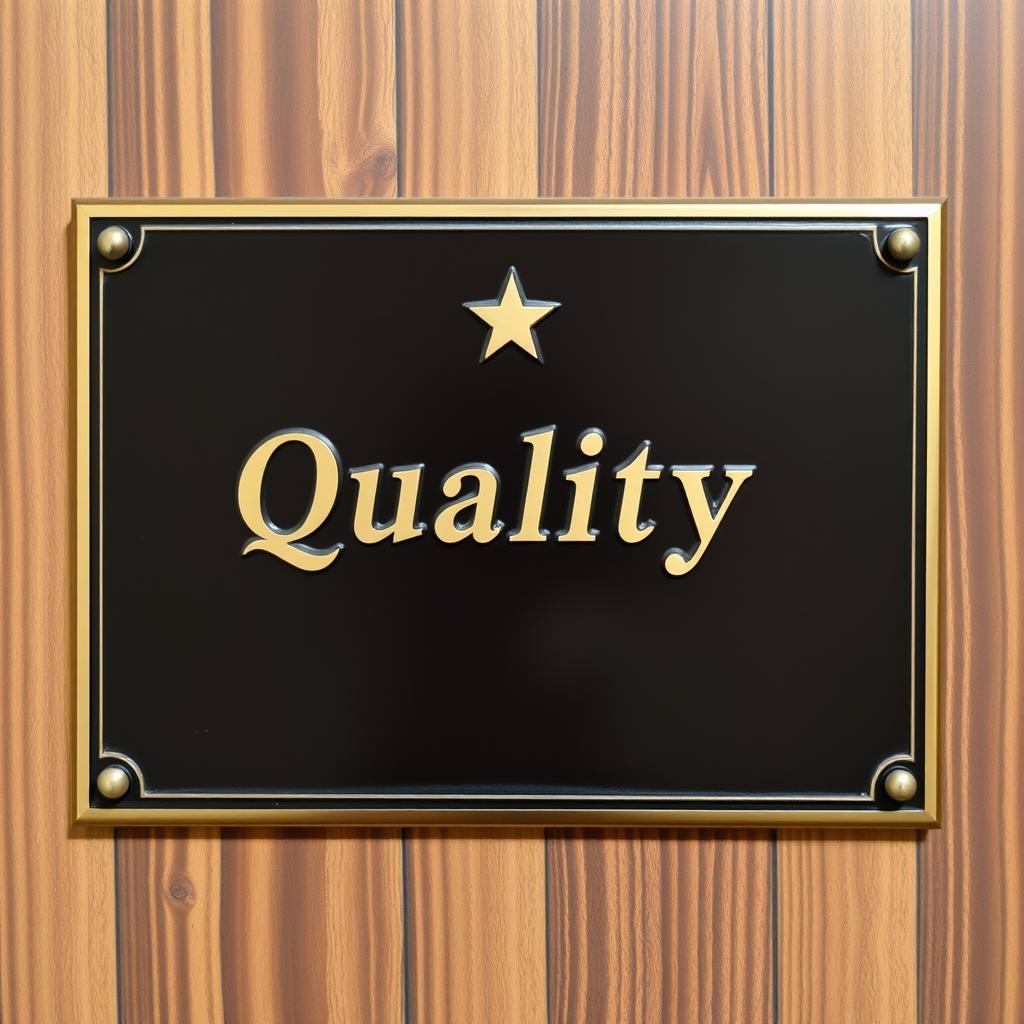Crafting Your Company Mission Vision and Values
Statement

When you embark on the journey of entrepreneurship, particularly at the scale of a small business, it is easy to become consumed by the daily necessities: sales, inventory, and immediate customer service. However, the most successful small businesses are founded upon a clear, enduring strategic framework. This framework is encapsulated in your company mission vision and values statements. These foundational declarations are not merely corporate jargon; they are the intellectual property that defines your identity, guides your decision-making, and attracts both your ideal customers and essential talent.
Before you invest significant capital or expand your team, you must define the core purpose of your existence. These statements serve as your strategic compass, ensuring that every operational decision—from hiring to product development—aligns with your ultimate goals. Neglecting this crucial step means risking drift, inconsistency, and a fractured company culture.
Why It's Important to Have a Company Mission Vision and
Values Statement

Having clearly articulated company mission vision and values statements provides an indispensable mechanism for internal alignment and external communication. It answers the fundamental questions that every stakeholder—employee, investor, and customer—has about your enterprise.
The Mission Statement: Defining Today’s Purpose

Your mission statement is your operational statement. It defines what your company does, who it does it for, and why it exists right now. It is grounded in the present day and should be concise, action-oriented, and immediately understandable. For a small business, a strong mission statement ensures that every task performed during the workday contributes directly to the primary objective. It acts as a filtration system for daily tasks, allowing you to prioritize activities that serve the core purpose and discard distractions.
The Vision Statement: Charting Tomorrow’s Success
The vision statement is future-oriented and aspirational. It answers the question: Where do we want to be in five, ten, or twenty years? Your vision should be ambitious, yet achievable, painting a vivid picture of success and impact. For your small business, the vision serves as motivation, inspiring employees to look beyond the quarterly sales figures toward a greater, shared future. It helps you, the founder, make long-term strategic investments, filtering decisions based on whether they bring the company closer to that desired future state.
The Values Statement: Establishing the Behavioral
Framework

The values statement outlines the core principles and beliefs that dictate how your company will operate during its pursuit of the mission and vision. Values are the non-negotiable standards of behavior. Do you value transparency? Efficiency? Innovation? These values must be actionable, meaning they translate directly into observable behaviors and hiring criteria. When your company mission vision and values are clearly defined, they become the bedrock of your company culture, simplifying crucial decisions related to employee conduct, vendor selection, and customer interactions. When friction arises, whether internally or externally, you can always refer back to your values to guide the correct ethical response.
Example Company Mission, Vision, and Values Statement

To illustrate the practical application of these principles, consider a hypothetical small business: The Daily Grindstone, an independent, sustainable artisan coffee roastery that also operates a community cafe.
The [Insert Your Company Name]: MVV Statement
Company Mission:
To ethically source, expertly roast, and passionately serve exceptional, single-origin coffee, while fostering a vibrant, inclusive, and supportive community hub for our local neighborhood.
Company Vision:
To become the region’s most respected and recognized sustainable coffee brand, renowned for excellence in craftsmanship, innovation in ethical supply chain practices, and measurable positive impact on both producer communities abroad and our local community at home.
Core Company Values:
Craftsmanship and Quality: We commit to continuous learning and meticulous attention to detail at every stage, from bean selection to the final pour, ensuring every product represents the highest standard of quality.
Radical Transparency: We operate with open books regarding sourcing costs, labor practices, and environmental impact, building trust with our customers and supply chain partners.
Community Anchored: We prioritize local engagement, using our space and resources to support local artists, host educational events, and donate a meaningful percentage of profits back to neighborhood programs.
Sustainability First: We proactively choose methods that minimize our environmental footprint, including zero-waste practices in the cafe, responsible packaging, and investments in carbon offsetting. This foundational belief reinforces our belief in ethical operation.
By defining these statements, The Daily Grindstone knows precisely how to evaluate potential hires (Do they value craftsmanship and community?), which beans to purchase (Are they ethically sourced and traceable?), and how to design its space (Does it foster community?). These clear goals ensure that every employee is rowing in the same direction, guided by the established company mission vision and values.
Why It's Important to Have a Company Policy and
Procedures Manual

While the mission vision and values tell you why you exist and where you are going, a Company Policy and Procedures (P&P) Manual tells your team how to get there safely, consistently, and legally. This manual is the operational translation of your high-level strategy.
Think of it this way: Your mission states you value "Craftsmanship and Quality." Your P&P manual details the specific, step-by-step procedure for calibrating the espresso machine, cleaning the grinder, and handling customer complaints about product quality.
1. Ensuring Consistency and Quality Control
For a small business to grow, it cannot rely on the founder’s personal knowledge. A P&P manual standardizes operational procedures. Whether it’s how an employee opens the store, processes a specific type of refund, or handles a safety issue, the manual ensures that the service and product quality remain consistent, regardless of which team member is on shift. This consistency is vital for building a reliable, trustworthy brand reputation.
2. Facilitating Efficient Training and Onboarding
Training new employees can be time-consuming and prone to error if relying only on shadowing or verbal instruction. A comprehensive manual shortens the learning curve dramatically. New hires can quickly access documented best practices for tasks ranging from inventory management to emergency responses, freeing up experienced staff to focus on higher-level duties.
3. Mitigating Risk and Ensuring Legal Compliance
The P&P manual is your front line of defense against legal exposure. It documents your compliance with local and federal regulations, particularly those concerning workplace safety (OSHA), anti-harassment policies, equal opportunity employment, and data privacy. For a small business owner, documenting these procedures proves due diligence. If an incident occurs, the manual serves as evidence that the company established and trained its employees on proper protocols and expectations. Without a manual, proving that you held employees to specific standards regarding conduct or safety becomes significantly more difficult.
4. Supporting Scalability
If you plan to open a second location or franchise your concept, the P&P manual is indispensable. It provides the exact blueprint for replicating your successful operations and culture. The mission provides the philosophical reason for replication, and the manual provides the practical steps.
Conclusion
Establishing a robust framework built upon a clear company mission vision and values statement, followed closely by a practical Policy and Procedures manual, is the difference between a fleeting idea and a sustainable, growing enterprise. These documents move your business beyond simple transactional exchanges and embed purpose into every facet of operation.
As a small business owner, you must view the creation and subsequent adherence to these foundational documents not as overhead, but as strategic investment. They ensure your team understands the 'why' (mission and vision) and the 'how' (values and procedures), allowing the business to operate effectively, ethically, and consistently, positioning you for measured growth and long-term success.